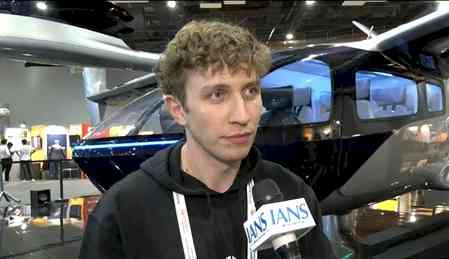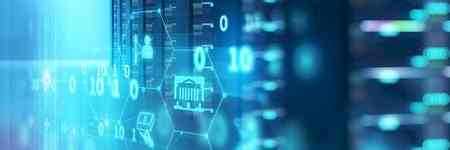India's economic prospects appear promising: Maruti CEO

New Delhi: India is navigating through tough times, however, its economic prospects appear to be promising over the medium term, Maruti Suzuki India Managing Director and CEO Kenichi Ayukawa said.
Addressing the company's shareholders through Maruti Suzuki's 'Annual Integrated Report 2020-21', he said: "With support from SMC in terms of relevant product and technologies, the company will continue to work on all the enablers to cash-in on the opportunities.
"Moreover, SMC, in its recent mid-term plan, indicated to offer relevant products such as 'Utility Vehicles' (UV) to strengthen the company's product line-up, promote the penetration of hybrids and introduce EVs."
Besides, Ayukawa said that the partnership between Suzuki Motor Corporation and Toyota Motor Corporation will help the company in gaining access to hybrid technology.
Sharing details on green technologies, he said that recently Suzuki Motor Corporation formulated the 'Suzuki Environmental Vision 2050' to move towards carbon neutrality in new vehicles and business operations.
"In this regard, a project has been initiated to develop strategies and action plans aimed at minimising the company's carbon footprint. Additionally, the company's efforts to promote the eco-friendly CNG technology vehicles started paying off."
In FY 2020-21, despite overall sales of the company declining in the domestic market by 8 per cent, the sales of CNG vehicles grew by nearly 50 per cent.
"Towards electrification of powertrain, the Suzuki Motor Corporation, in a joint venture with Toshiba Corporation and Denso Corporation, is setting-up India's first lithium-ion battery manufacturing plant with cell level localisation."
According to Maruti Suzuki India Chairman R.C. Bhargava, the company's Q1 sales were limited at 353,600 units.
"The performance in the next three quarters largely depends on how effectively all our citizens follow the government's advice to get vaccinated and observe safety protocols. If we can avert the third wave, or substantially reduce its effect, and there are no further waves, economic activities and sale of cars can improve significantly over what was achieved last year."
On electrification and various green technologies, he added: "I have no doubt that the large resources that are now being deployed for technology development will lead to lowering the cost of EVs and reducing dependence on lithium, procurement of which poses some strategic issues of national importance."
"The time frame for all of this to happen is not certain but meanwhile we do need to reduce import of oil and harmful emissions. Fortunately, in our market conditions, the use of CNG, particularly for small cars, has proved very acceptable to customers. The government has recognised the importance of CNG as a fuel for cars and is making concerted efforts to build the infrastructure to make CNG available in most parts of the country."
Additionally, he said that company will seek to improve the technology for CNG cars.
"Hybrid technology also leads to a significant reduction in fuel consumption and emissions and is another area for our engineers to work. Thus, these two technologies, coupled with biofuels, gives the country a means of moving towards the final goal of net zero emission."
"The use of hydrogen is also an interesting alternative and should be considered specially to reduce dependence on importing lithium."


 IANS
IANS 








